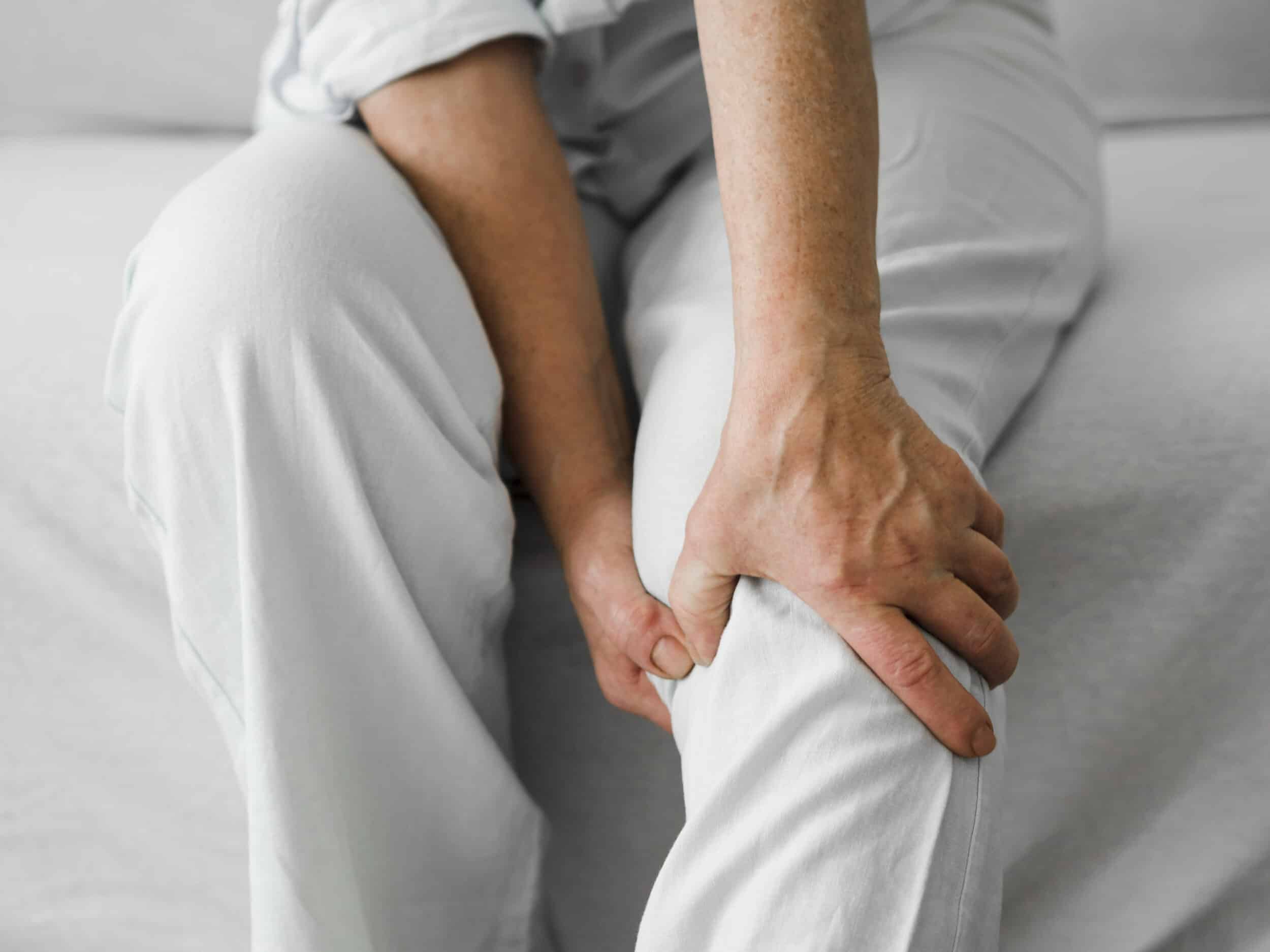As we have seen this year, the sudden onset of COVID-19 has hit our country hard. It has become a household name, and the whole world is continuing deal with its fallout. While we hear the term COVID-19 no matter where we go, we might not know what exactly it does to our bodies. COVID-19 is a respiratory virus that directly impacts our body in several ways. The well-known symptoms of COVID-19 currently include breathing difficulties, body aches, lethargy, high fever, and dry cough. However, COVID-19 also directly impacts our bodies in different ways outside of attacking our lungs. Our venous system can feel the repercussions of changes in the bodily very easily. Here is how COVID-19 can impact the veins in our body:
COVID-19 and Vein Related Symptoms
As stated, the most recognized symptoms of COVID-19 are the ones that directly impact our lungs. These symptoms are common all over the world. Secondary symptoms also reported for COVID-19 are kidney failure, heart issues, and possibly liver shutdown. Anytime our body experiences issues with the heart, there are possibilities it can impact our veins; this is also true for those with COVID-19. Individuals with COVID-19 have shown symptoms of deep vein thrombosis. These factors and symptoms bring out several different vein issues and have been shown to increase mortality rate.
Perhaps one of the biggest cases of COVID-19 in the media is diagnosis and treatment of Nick Cordero, an award-winning actor who contracted COVID-19 early on. Unfortunately, Mr. Cordero came down with severe symptoms of the virus and was quickly placed in the hospital. In order to treat him, he was placed in a medically induced coma. Mr. Cordero has spent months in the hospital lying motionless on his bed. Eventually, Mr. Cordero had his leg amputated due to vein related issues, among others. But why would this lengthy stay in the ICU cause vein issues that are so severe?
How Deep Vein Thrombosis Can Form
Understanding how deep vein thrombosis can form is critical for us to understand how it relates to COVID-19. This form of venous disease occurs whenever blood clots begin to form within our veins, typically found in the legs. The most common symptoms of deep vein thrombosis include swelling and pain. When left untreated, deep vein thrombosis can also lead to a pulmonary embolism. This occurs when that blood clot has broken off the vein and travels up the blood stream and lodges in the lungs. It can be potentially fatal if left untreated.
How someone develops deep vein thrombosis is always different but typically includes long periods of immobility and/or having a hereditary history of it. Deep vein thrombosis can also be the direct result of external injury to the limb or the result of surgery gone wrong. Individuals who have been diagnosed with COVID-19 and have been placed into the ICU can experience any of these common symptoms. Current numbers show that ICU patients have up to 15% higher chance during the COVID-19 health crisis to develop deep vein thrombosis than before. Make sure to take extra care if you have a hereditary history of deep vein thrombosis and are dealing with symptoms of COVID-19.
Connecting COVID-19 and Deep Vein Thrombosis
Long periods of immobility and external injury are just the start to how COVID-19 connects to developing deep vein thrombosis. Additionally, hospitals are starting to find that COVID-19 can directly impact our veins. Patients can develop a hyper inflammatory state of the veins. This will lead to eventual endothelial injury and possible cardiac arrest. Since the COVID-19 crisis started, little concern has been shown towards deep vein thrombosis. As more and more patients are being placed in the ICU, physicians are starting to see how it can greatly interfere with healthy vein function. The longer a patient remains on bed rest at home or in the ICU, the greater the chance they have for developing deep vein thrombosis. The American Society of Hematology have even created a new classification for patients with COVID-19. The new classification of COVID-19-associated coagulopathy helps doctors differentiate the recent increase of deep vein thrombosis for those with COVID-19.
Living with COVID-19 Around Us
As we become more familiar with COVID-19, hospitals are better able to treat it. Deep vein thrombosis is now being treated in hospitals through a variety of methods, including low molecular weight heparin. Make sure you remain aware of your surroundings and continue to follow all CDC recommendations when out in public. For all vein inquiries, make sure you schedule a free consultation with us today. We are continuing our virtual consultations along with in-person consultations to help you with any vein disease. Call today and set up your free consultation and get rid of your vein issues!

